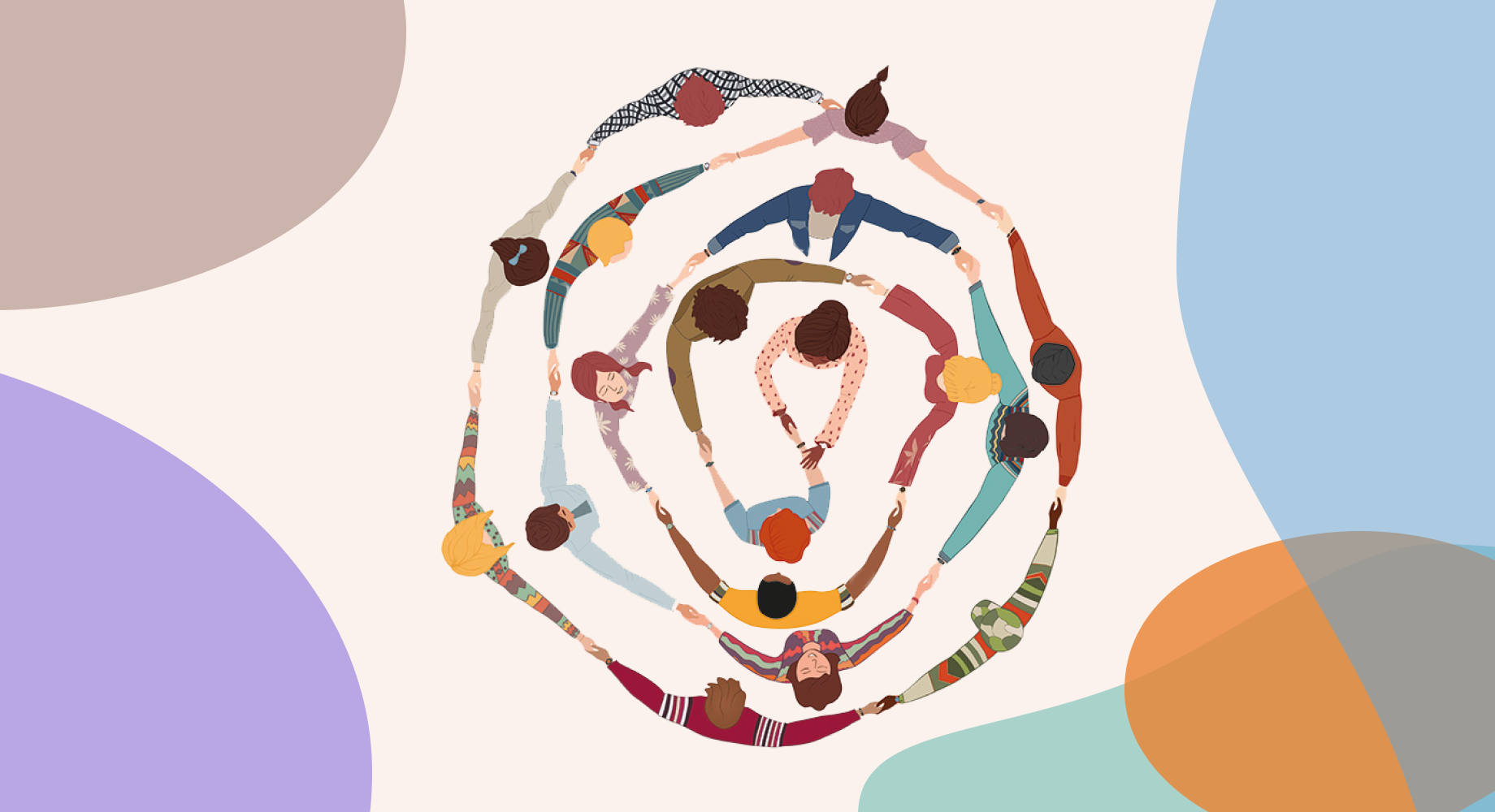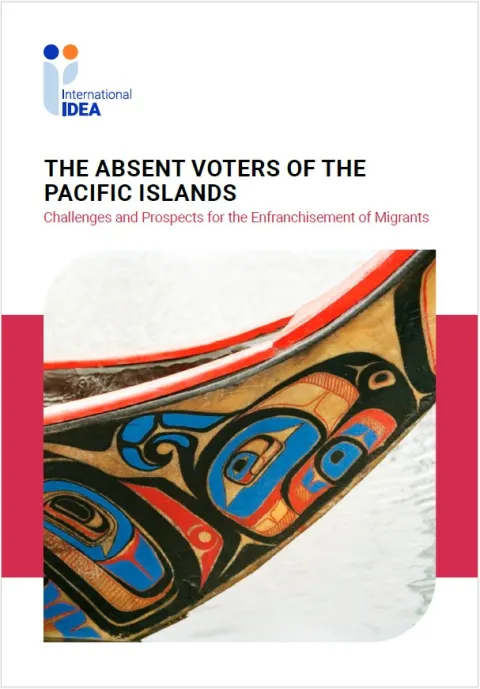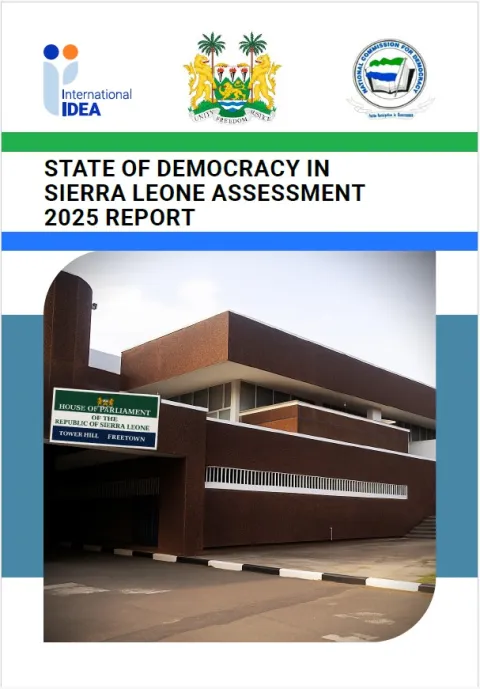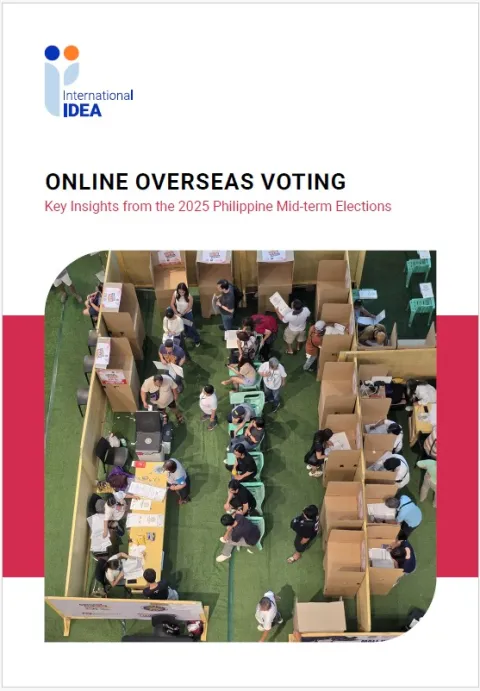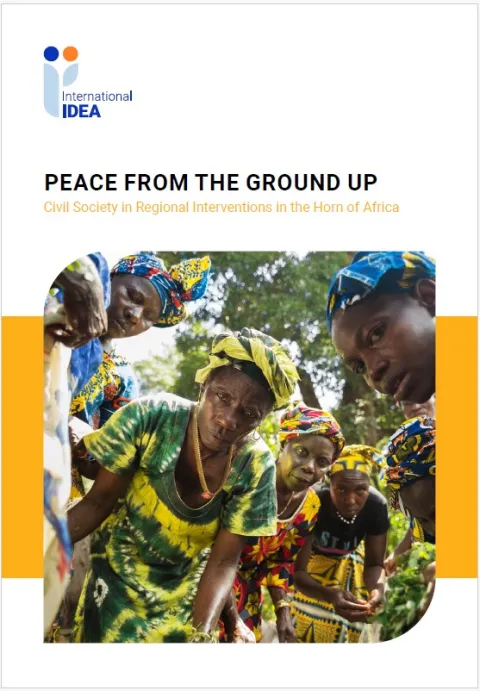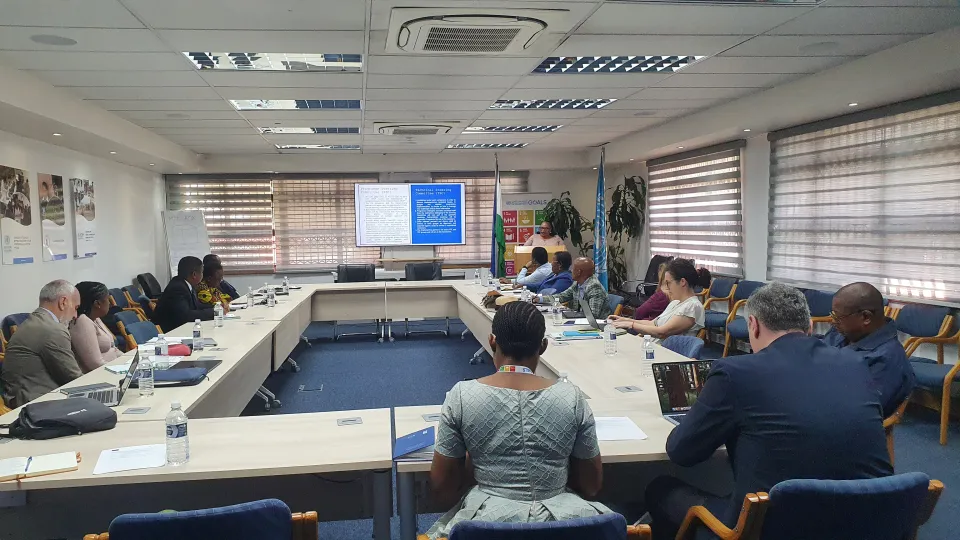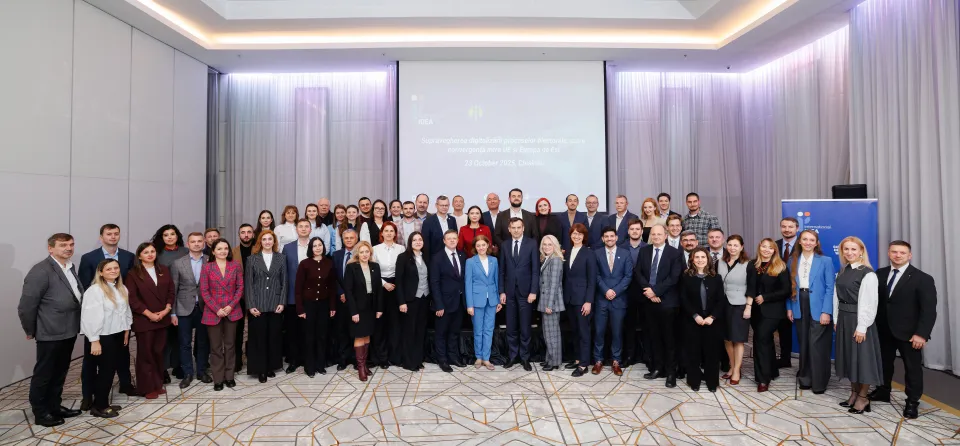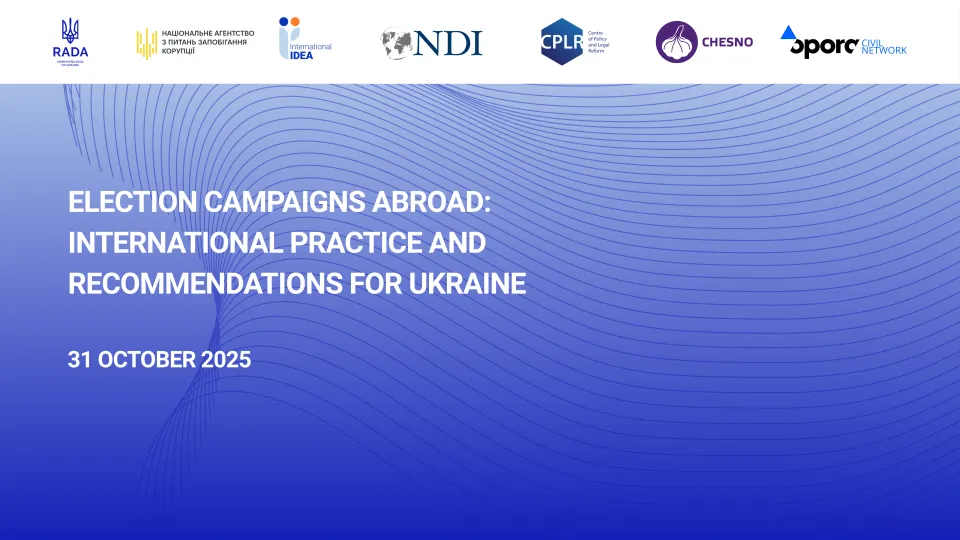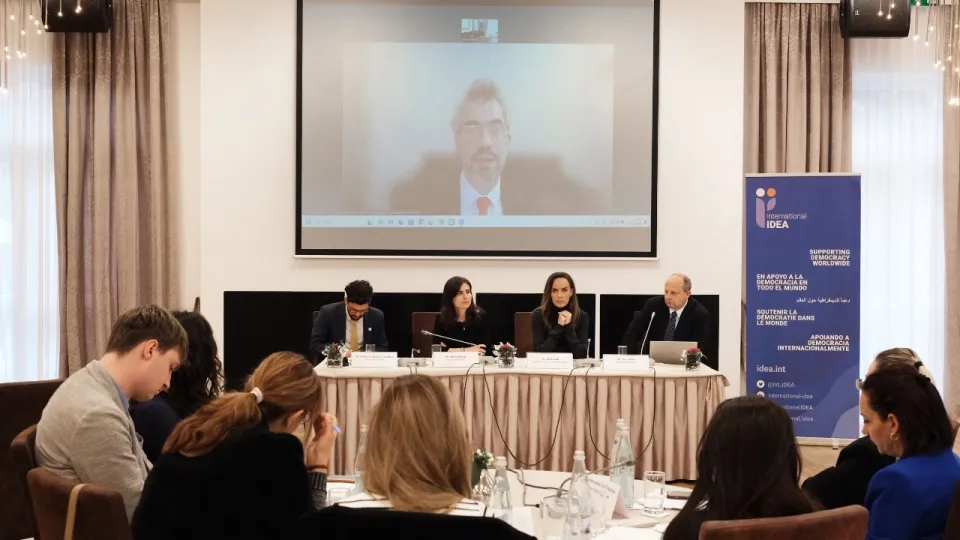The African Union’s Mechanisms to Foster Gender Mainstreaming and Ensure Women’s Political Participation and Representation
According to the Millennium Development Goals 2012 Report, the proportion of seats held by women in single or lower houses of national parliaments in North Africa rose from 3 per cent in 2000 to 11 per cent in 2012.
This paper analyses the mechanisms put in place by the African Union (AU) to foster gender mainstreaming and women’s political participation and representation in supranational/regional decision-making. It evaluates the AU’s capabilities and potential, and reflects on areas of cooperation on these issues between the AU, the European Union and the United Nations.
The paper concludes with a brief overview of the challenges and a list of recommendations, intended as a resource for action, to be taken up by policymakers seeking to promote gender equality in political participation and representation.
Details
Contents
Introduction
Gender mainstreaming and the AU: the institutional and legal framework
Structures at the AU responsible for gender mainstreaming
Areas of cooperation between the AU, the EU and the UN in the field of gender mainstreaming and women’s political participation
Gaps and challenges on gender mainstreaming and women’s political participation and representation
The way forward
Conclusion
References
Acronyms and abbreviations
Give us feedback
Do you have a question or feedback about this publication? Leave us your feedback, and we’ll get back to you
Send feedbackThe African Union’s Mechanisms to Foster Gender Mainstreaming and Ensure Women’s Political Participation and Representation

| Total views | 2877 |
|---|---|
| Downloads | 4 |
| Rating |
Give us feedback
Do you have a question or feedback about this publication? Leave us your feedback, and we’ll get back to you
Send feedback